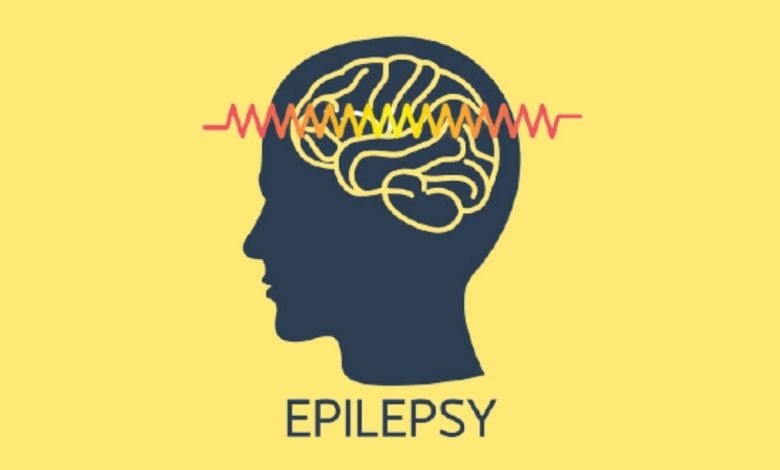Epilepsy can be diagnosed more accurately with genetic risk scores

Epilepsy is often inherited, and a recent study has discovered that people with the disease had higher polygenic risk scores (PRSs)
NEW DELHI — Although epilepsy is a common illness that affects around 1% of people globally, it may be difficult to identify in clinical practice, and it is believed that up to a quarter of all cases are first misdiagnosed.
Epilepsy is frequently inherited, and new study has revealed that patients have higher polygenic risk scores (PRSs) for the disorder.
PRSs might be used to help identify epilepsy in those who have had a single seizure and distinguish them from others who have had a seizure due to something else, according to Finnish researchers. The findings were presented on Sunday at the European Society of Human Genetics annual meeting.
Epilepsy data extracted from 9660 people
Henrike Heyne, MD (now at the Hasso Plattner Institute in Potsdam, Germany) and colleagues at the Institute for Molecular Medicine (FIMM) at the University of Helsinki, Finland, extracted data on 9660 people with epilepsy-related diagnoses from the over 269K people included in the FinnGen2 project and compared their polygenic risk scores to those of healthy people.
Individuals with epilepsy showed a greater polygenic risk for the disease, as predicted.
Dr. Heyne stated that we may also look at the health records, in FinnGen, of people who had convulsions for which the cause was unknown. Although some of them were eventually diagnosed with epilepsy, he says that the most of them were not.
As per the doctor, they also noticed that those who had a precise epilepsy diagnosis had a much higher genetic risk for epilepsy than those who had only one seizure and the case was uncertain.
Participants ranged from few-month-old to over 90-year-old
The study’s participants ranged in age from a few months to over 90 years old. The researchers discovered that hereditary variables had a greater impact on people under the age of 40 than on those over 40. This genetic effect was especially strong in individuals with teenage myoclonic epilepsy, which accounted for the majority of cases in the worldwide epilepsy consortium’s search for the genetic variations that carry the greatest risk of epilepsy.
Despite the limited sample size, the results clearly demonstrated the potential for PRSs to be used in the diagnosis of epilepsy, and the researchers want to see them repeated in bigger studies that are more frequent in other common disorders like high blood pressure or diabetes.
Genetic risk could turn to be a biomarker for epilepsy
Genetic risk might serve as a biomarker for epilepsy in the future, Dr. Heyne said. He also added that this might be a great complement to existing techniques like electroencephalograms.
He opined that PRSs have been demonstrated to be beneficial in a variety of illnesses, and it is probable that their usage will become standard practice in the future, implying that genetic data might aid in the diagnosis of epilepsy just after a seizure.